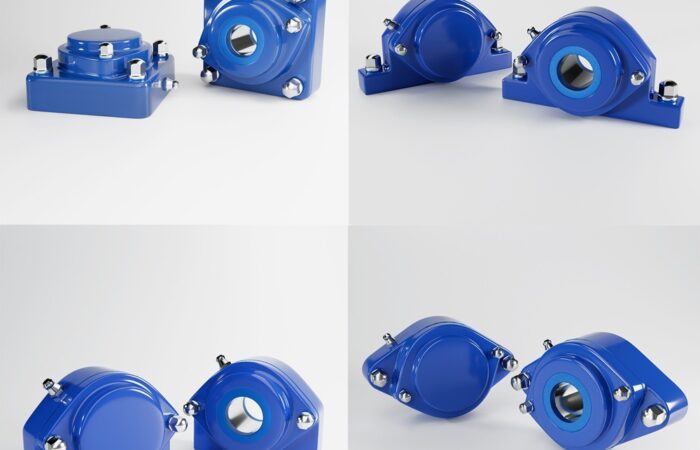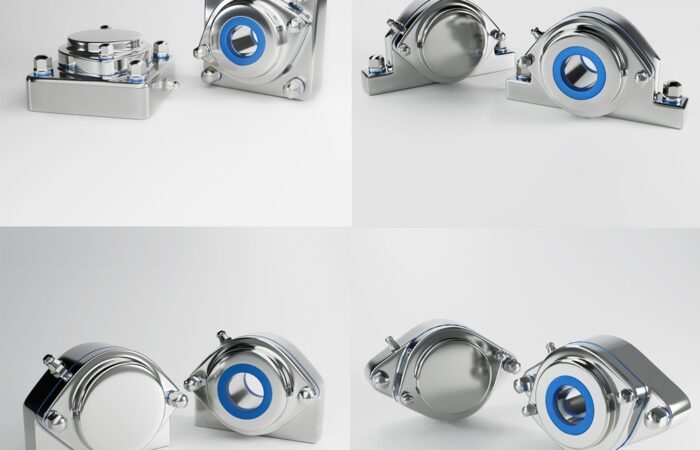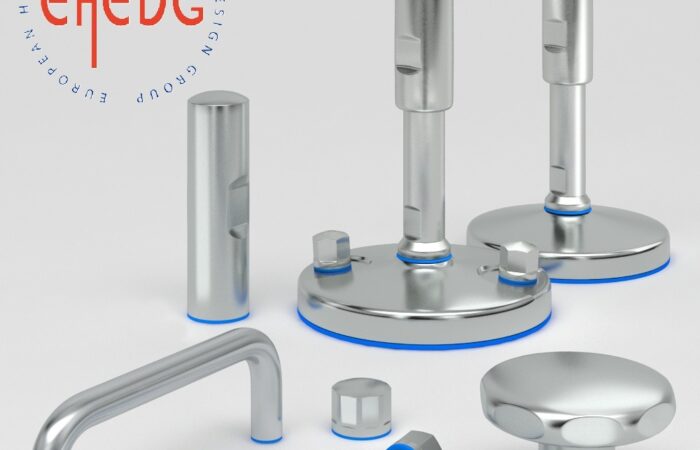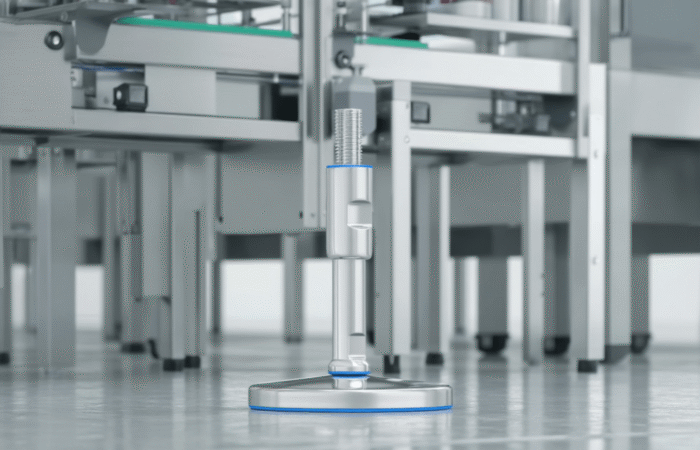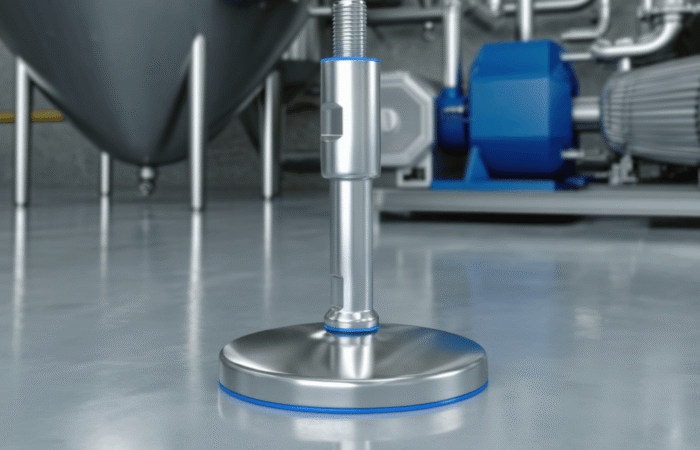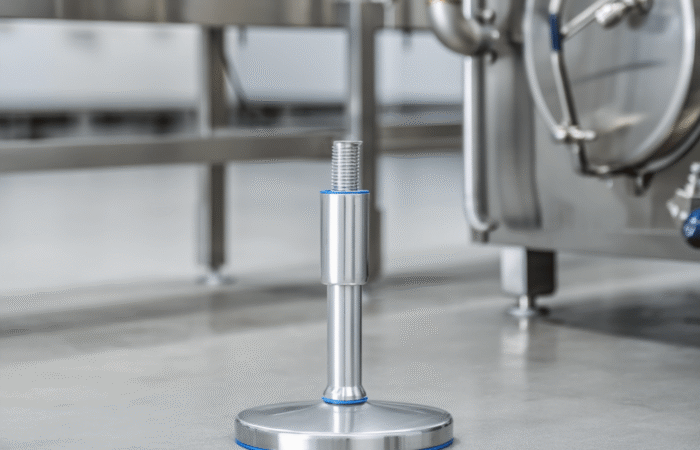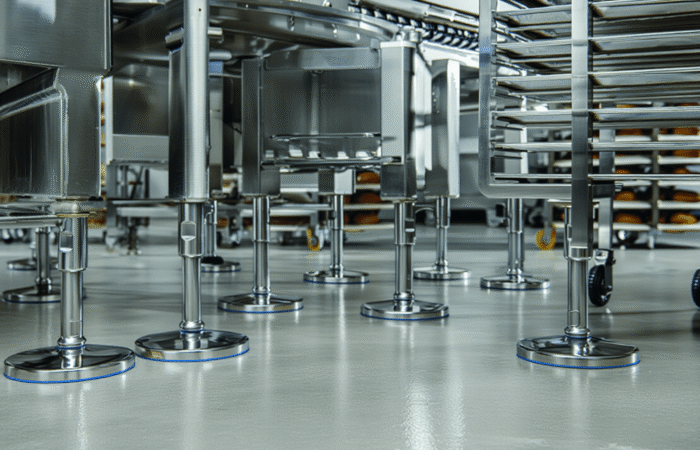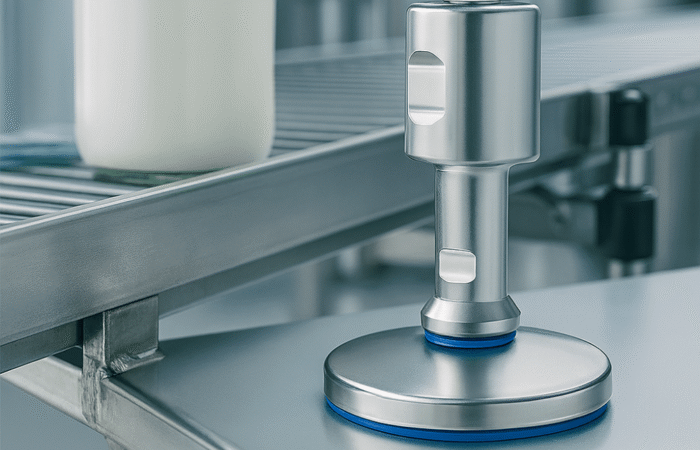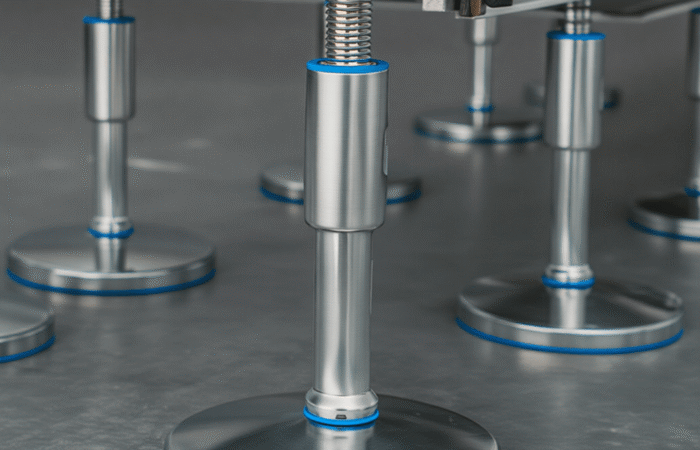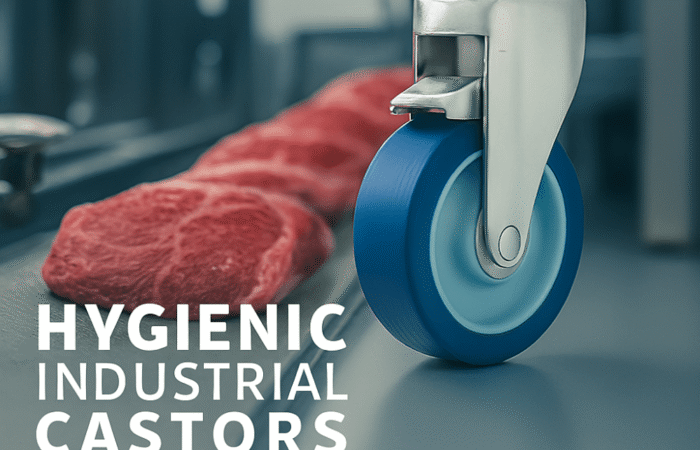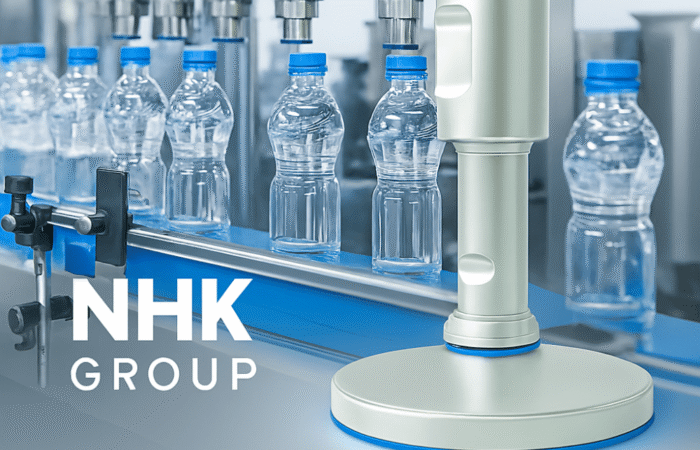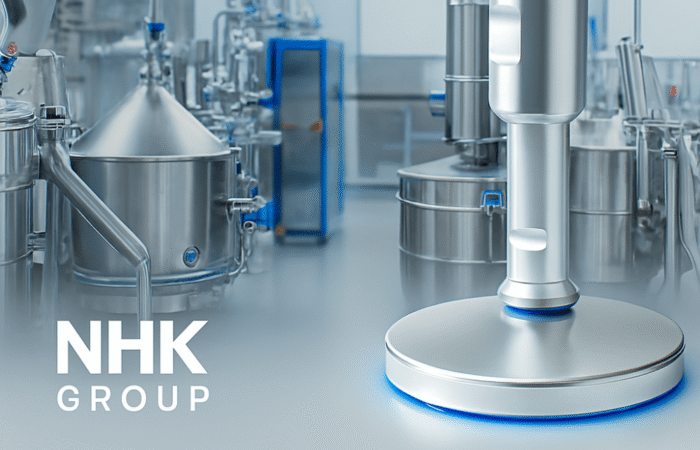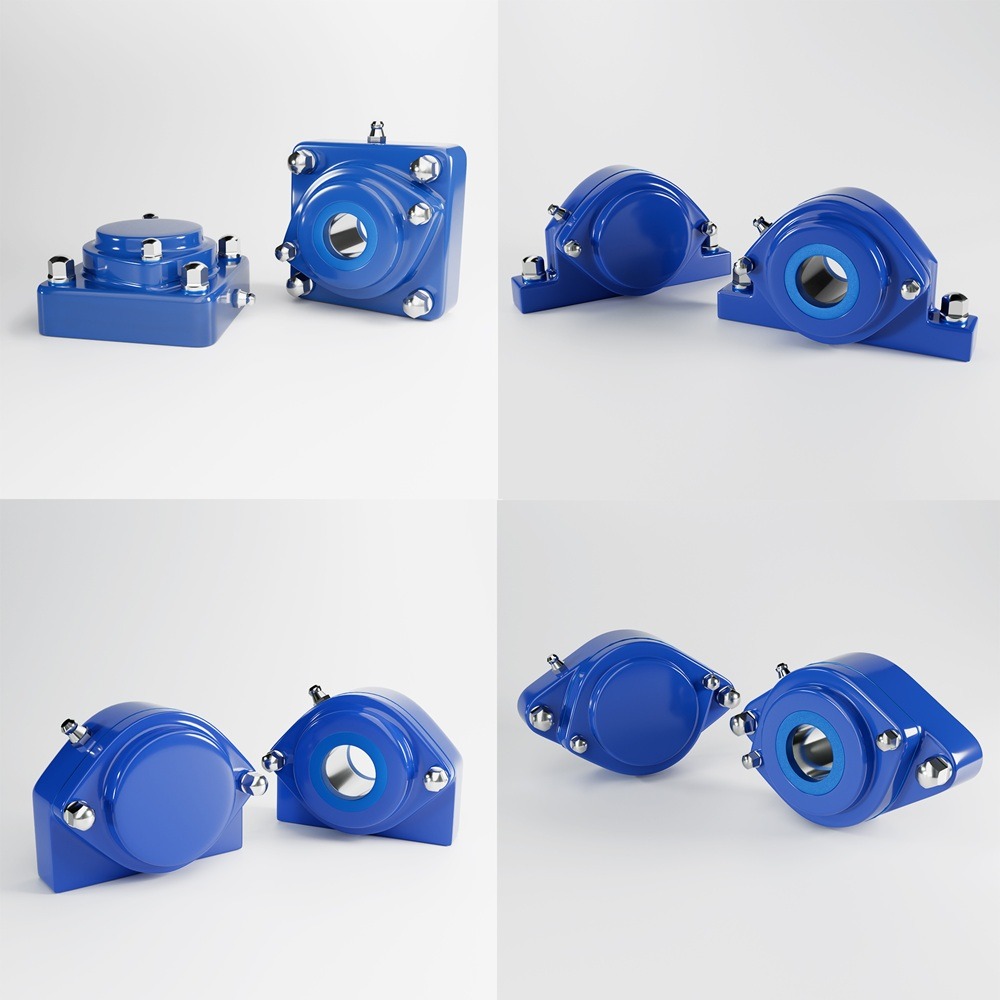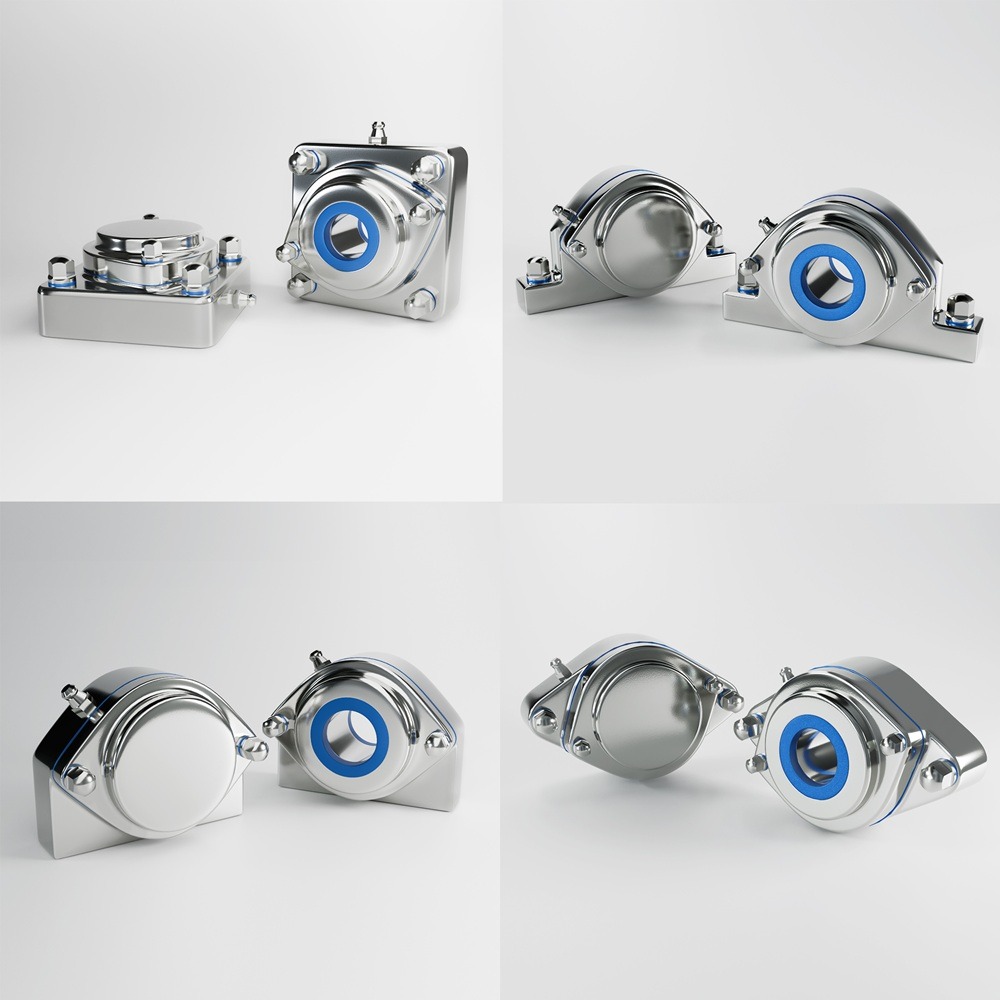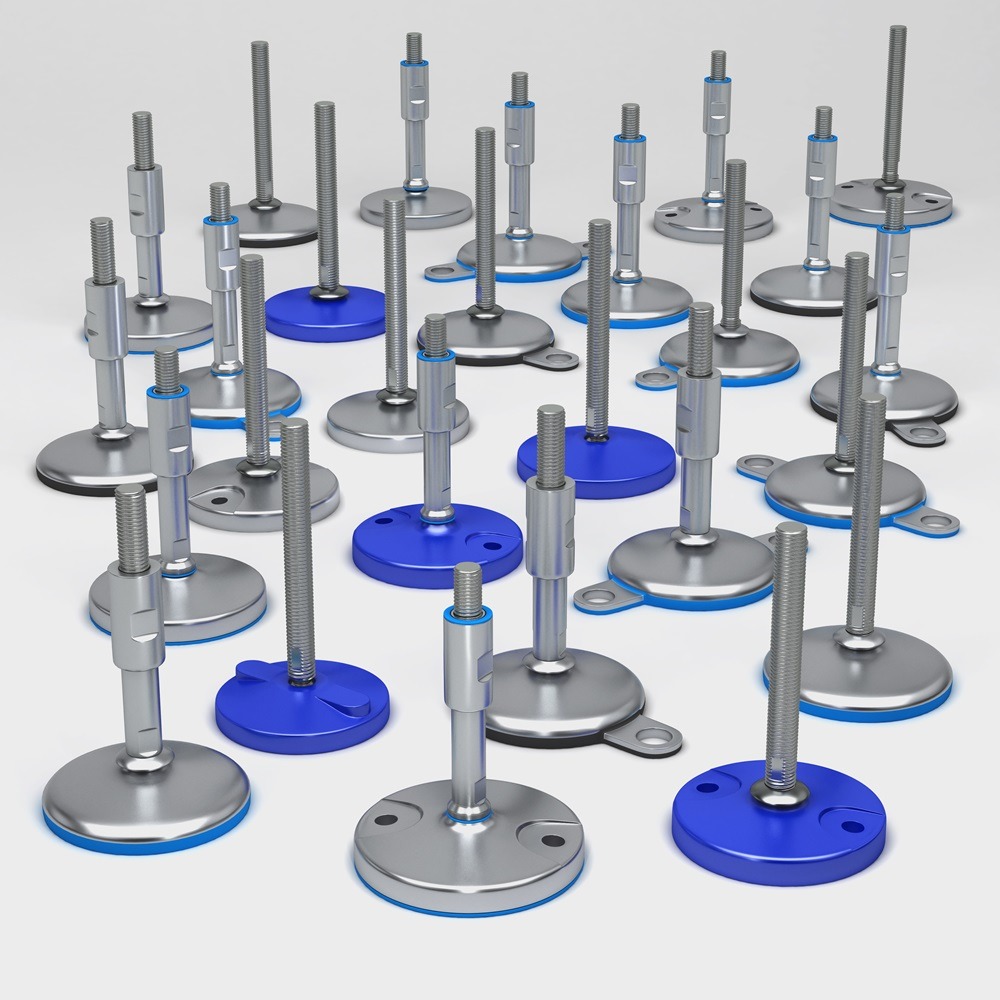
Machine components in stainless steel industrial design
In today’s rapidly evolving industrial landscape, the packaging, food processing, pharmaceutical, and biotechnology industries face increasing demands for efficiency, hygiene, and durability. One critical factor that supports the growth and success of these industries is the use of high-quality machine components, particularly those made from stainless steel. Incorporating stainless steel components into industrial design offers significant advantages, including resistance to corrosion, ease of cleaning, and compliance with strict hygiene standards. This article explores how strategic planning and development using stainless steel machine components can drive innovation and optimize operations in these sectors. Stainless steel is a versatile and durable material that has become a cornerstone of industrial design. Its inherent properties make it ideal for applications requiring high resistance to moisture, chemicals, and extreme temperatures. Industries such as packaging, food processing, pharmaceuticals, and biotechnology have stringent hygiene standards, and stainless steel’s non-porous surface ensures that harmful bacteria cannot accumulate. Stainless steel components such as machine leveling feet, bearing units, conveyor systems, and fasteners not only ensure compliance with regulatory standards but also enhance the overall performance of industrial machinery. Integrating these components into strategic planning leads to long-term operational benefits, including reduced downtime, improved safety, and cost-effective maintenance. The packaging industry is under constant pressure to deliver high-quality products while adhering to strict safety and environmental regulations. In packaging operations, machinery must be durable, hygienic, and capable of operating under extreme conditions. Stainless steel machine components, such as conveyor parts, bolts, and bearings, are crucial for ensuring that equipment runs smoothly while maintaining the required hygiene standards. For example, stainless steel bearings are widely used in packaging machinery to handle high-speed production processes and repetitive motion. The non-corrosive properties of stainless steel prevent the buildup of rust and contaminants, making it ideal for packaging food and pharmaceutical products that must remain uncontaminated. Moreover, stainless steel machine leveling feet ensure stability and precision in equipment alignment, reducing the risk of machine failure or product defects. Strategic planning in the packaging industry involves choosing the right stainless steel components to minimize maintenance costs and increase equipment longevity. By investing in high-quality materials and designs, companies can reduce downtime, improve productivity, and maintain consistent packaging quality. Hygiene is of utmost importance in the food processing industry, where equipment cleanliness directly affects product safety. Stainless steel machine components play a critical role in meeting the industry’s hygiene standards, as they resist bacterial growth and are easy to sanitize. This makes stainless steel the material of choice for conveyor systems, mixing machines, cutting equipment, and filling lines. Stainless steel conveyor systems, for example, are used extensively in the food processing industry to move products through various stages of production. These systems must operate smoothly under rigorous conditions, including exposure to moisture, oils, and high temperatures. The strategic use of stainless steel components ensures that conveyor systems remain durable, reducing the need for frequent repairs or replacements. Another essential component in the food processing industry is the use of stainless steel bearings. These bearings withstand harsh environments, including exposure to cleaning chemicals and constant moisture. Incorporating stainless steel bearings in food processing machinery helps maintain the operational efficiency of equipment while ensuring compliance with food safety regulations. By integrating stainless steel machine components into their strategic development plans, food processing companies can enhance the reliability of their operations, reduce contamination risks, and ensure product quality. The pharmaceutical industry requires precision and strict adherence to hygiene and safety standards. Stainless steel machine components are essential for pharmaceutical equipment, which must operate in sterile environments and withstand exposure to corrosive substances such as cleaning agents and solvents. Stainless steel is commonly used in pharmaceutical equipment such as mixing tanks, tablet presses, and filling machines. The smooth, non-reactive surface of stainless steel prevents contamination and allows for easy cleaning, ensuring that pharmaceutical products are free from impurities. In addition to hygiene, stainless steel components contribute to the overall efficiency and longevity of pharmaceutical machinery. For example, stainless steel machine leveling feet help maintain the precision alignment of equipment, ensuring accurate dosing and filling processes. Stainless steel bearings and fasteners are also widely used in pharmaceutical machinery, where they provide durability and resistance to wear and tear, even in high-pressure environments. By strategically incorporating stainless steel components into pharmaceutical machinery, companies can streamline their production processes, reduce contamination risks, and maintain compliance with regulatory standards. The biotechnology industry, like the pharmaceutical industry, requires highly specialized equipment that can operate in sterile and controlled environments. Stainless steel machine components are indispensable in this sector, where precision and cleanliness are critical to product safety and efficacy. In biotechnology labs and production facilities, stainless steel is used in various equipment, including bioreactors, centrifuges, and filtration systems. These components must withstand exposure to biological materials, cleaning agents, and high-pressure environments, making stainless steel the ideal choice. Strategic development in the biotechnology industry involves selecting stainless steel components that offer both durability and hygiene. Stainless steel’s ability to resist corrosion and contamination ensures that equipment remains sterile and operational for longer periods, reducing downtime and increasing productivity. By investing in high-quality stainless steel machine components, biotechnology companies can maintain the integrity of their processes and produce safe, reliable products. In conclusion, the strategic use of stainless steel machine components is essential for the success of the packaging, food processing, pharmaceutical, and biotechnology industries. Stainless steel’s unique properties—such as resistance to corrosion, ease of cleaning, and durability—make it the ideal material for machinery in these sectors. By integrating stainless steel components into their strategic planning and development processes, companies can enhance operational efficiency, ensure compliance with safety standards, and improve product quality. As these industries continue to evolve, the demand for innovative and reliable stainless steel machine components will grow. Companies that prioritize the use of stainless steel in their equipment will be better positioned to meet the challenges of the future, ensuring long-term success in an increasingly competitive market. Industrial machinery requires precision-engineered components that meet exacting standards for durability, safety, and performance. This comprehensive guide explores the essential machinery parts that drive modern manufacturing across food processing, packaging, and chemical industries. Understanding the difference between Pillow Blocks and Direct Mount Bearings is crucial for engineers and procurement professionals seeking to optimize equipment longevity. Pillow block bearings, also known as plummer blocks, are self-aligning bearing units that simplify installation and significantly reduce maintenance costs. These versatile components mount on machine frames and support rotating shafts with exceptional precision, ensuring smooth operation in demanding industrial environments. Flange bearing units offer a more compact alternative, featuring integrated flanges that enable direct mounting to flat surfaces without additional hardware. Both designs come in various materials, including stainless steel grades optimized for corrosive environments and food-grade applications where hygiene is paramount. The importance of material selection cannot be overstated in machinery design. 440C Steel and 420 grades offer distinctly different properties suited to specific applications and environmental conditions. The 440 stainless steel variant provides superior hardness and exceptional edge retention, making it ideal for cutting tools and high-wear applications requiring maximum durability. Meanwhile, 420 stainless steel offers better corrosion resistance and is preferred in food processing equipment where chemical exposure is common. Hygienic stainless steel components have become essential in food machinery, meeting EHEDG standards and facilitating rapid equipment cleaning required in modern food production facilities. Understanding ingress protection ratings is equally critical for machinery durability and operational reliability. IP67 rating ensures protection against dust and temporary water immersion, while IP68 rating provides complete dust protection and sustained water immersion capabilities for submerged operations. The IP69K standard represents the highest protection level, specifically designed for high-pressure wash-down environments found in industrial food processing facilities. These ratings define how effectively machinery components withstand environmental challenges and maintain performance. Modern industrial facilities increasingly demand equipment that combines high performance with ease of maintenance and sanitation. The choice between different bearing types depends on operational requirements, environmental conditions, and budget constraints. Proper component selection ensures extended equipment lifespan, reduced downtime, and improved operational efficiency.Strategic Planning and Development Using Stainless Steel Machine Components in the Packaging, Food Processing, Pharmaceutical, and Biotechnology Industries
Why Stainless Steel Machine Components Matter
Stainless Steel in the Packaging Industry
Stainless Steel in the Food Processing Industry
Stainless Steel in the Pharmaceutical Industry
Stainless Steel in the Biotechnology Industry
Machine components in stainless steel industrial design
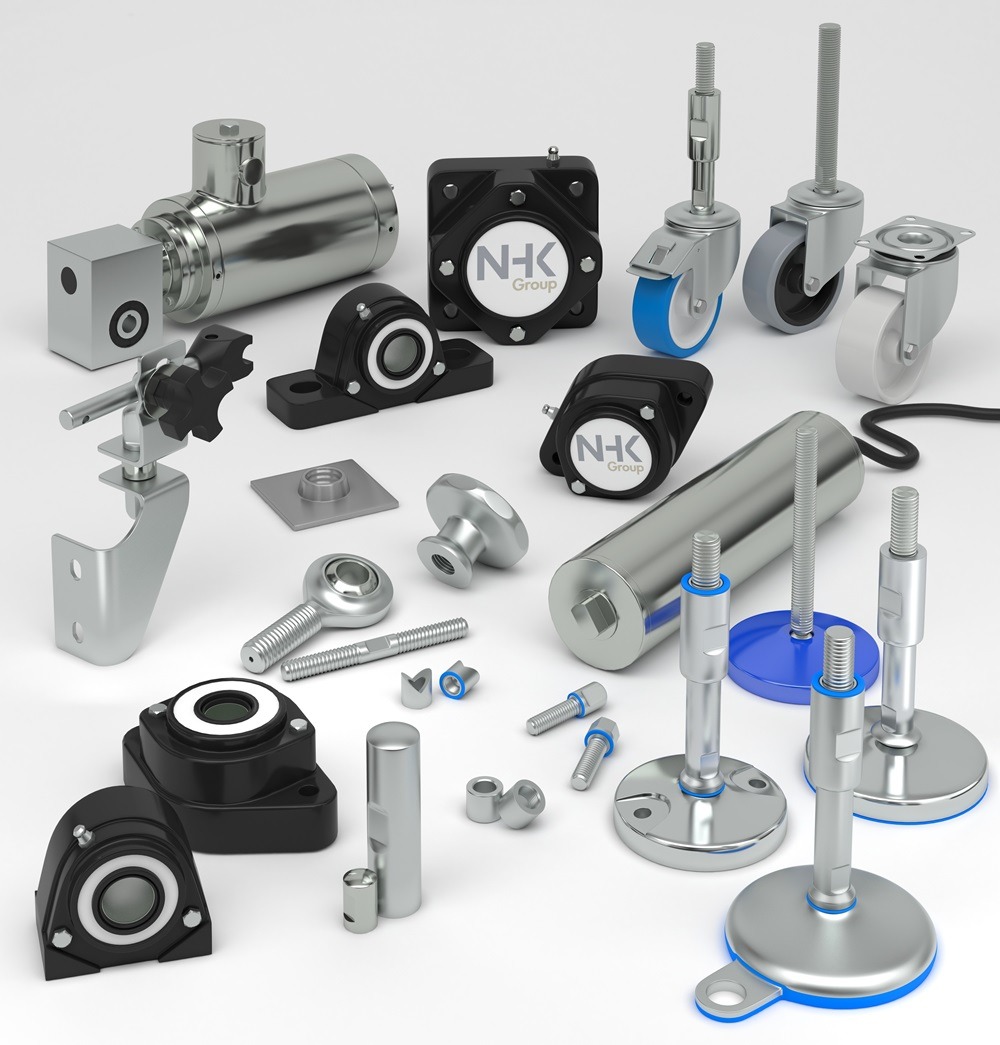
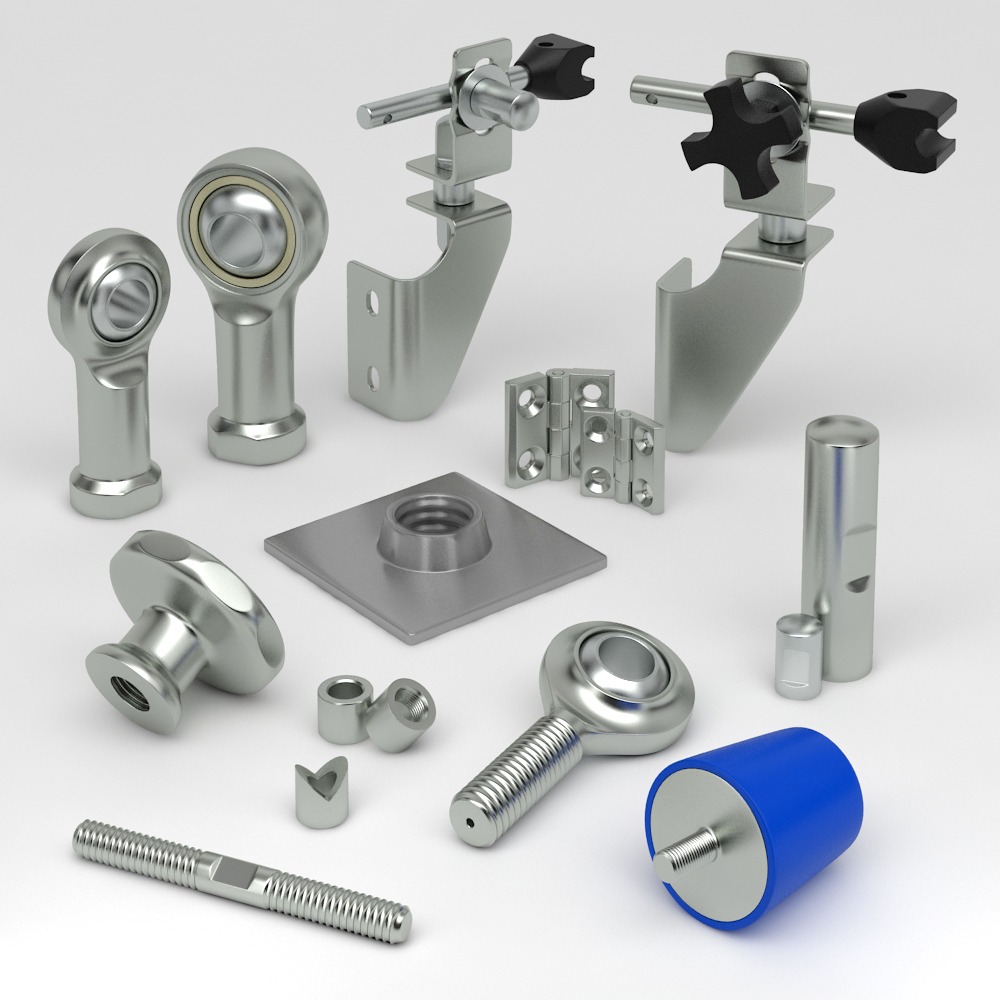
Contact
Understanding Machinery Components & Protection Standards
